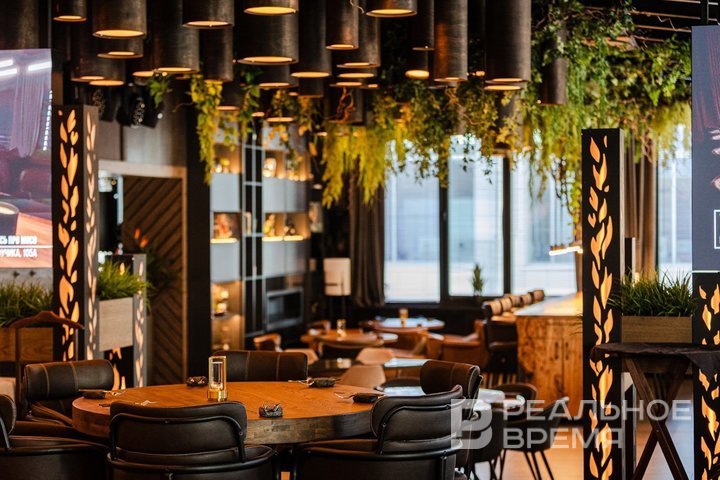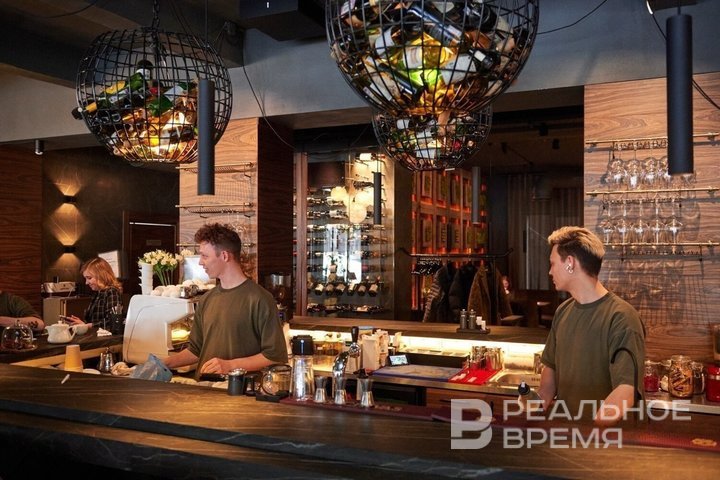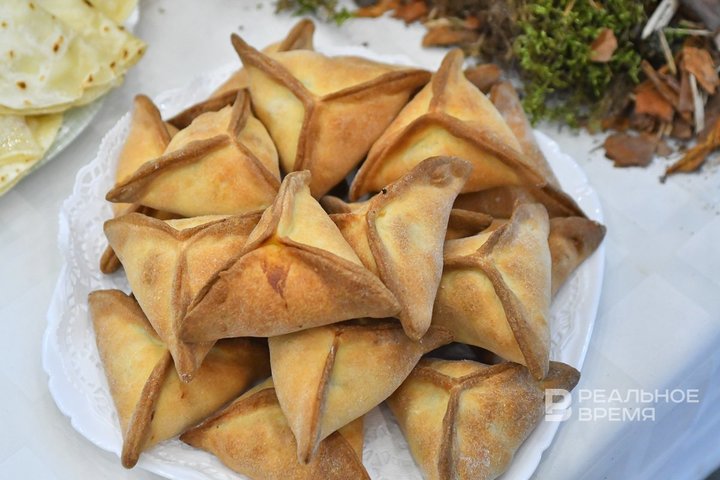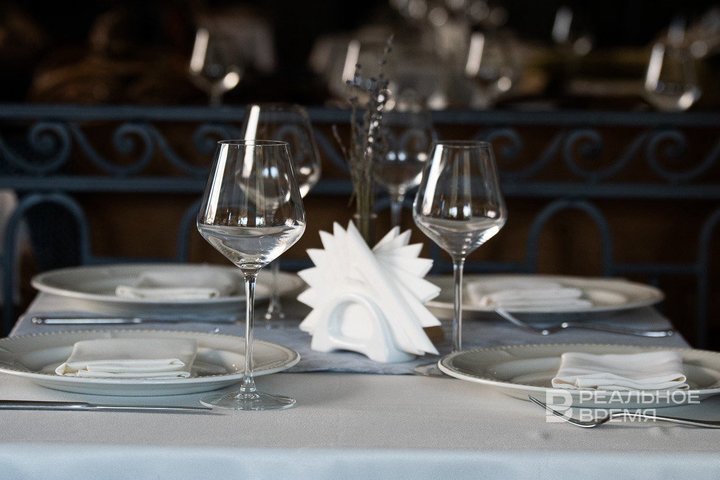Delay in trends, teetotal Zoomers, and familiar breakfasts with avocado and salmon: where Kazan’s HoReCa sector is headed
Residents of Kazan prefer restaurant breakfasts, while restaurateurs view the arrival of federal gastro-holdings as a direction for their own development

Kazan’s restaurants are in the “middle of the pack” when it comes to following trends, industry experts stated at the Eurasian Restaurant Forum held at Korston. Locals still favour breakfasts with salmon and avocado, buns, and “familiar food.” Restaurateurs themselves complain about teetotal Zoomers and shops with their ubiquitous delivery services, but they see growth in the arrival of federal restaurant chains. Tourists, on the other hand, are satisfied with traditional dishes like kystyby and triangular pastries. Read more in the report by Realnoe Vremya.
Kazan lags behind gastronomic trends... just like the rest of Russia
The delay in restaurant trends across Russia is estimated at five to ten years, according to Ksenia Baranova, marketing director of the Syrovarna projects. Moscow and St Petersburg adapt to changes the fastest. Kazan is on par with Yekaterinburg and Novosibirsk, distinguished by local specialties such as horsemeat. One of the most notable trends Baranova cites is the growing rejection of alcohol.
“Certain types of alcohol have long been losing their appeal. For example, cognac is no longer relevant to the market; it is more suited to an older consumer. Alcohol companies themselves are shifting towards cocktails, which appeal to a younger audience. There is room to create something new there. Overall, this is a major trend. It is about mindfulness and health. Naturally, this affects business. There is a clear trend towards non-alcoholic wine, supported by the producers themselves. Especially Zoomers (those born roughly from the mid-1990s to early 2010s — editor’s note) are rejecting alcohol. They do not need the feeling of fun that alcohol creates,” Baranova noted.

Alongside this, the hospitality sector has to compete with retail, which is not only expanding through ready-made products but also increasing its food delivery capabilities.
In Kazan, tourists want to eat local food, not sushi
Alexey Rusakov, managing director of VTB.Tips service, notes a widespread growth in the fast-food segment alongside a simultaneous decline in mid-range establishments. These changes are closely linked to the new habits of the younger generation and the accelerating pace of life. Modern consumers are cooking at home less and less, preferring to order food for delivery.
“Local cuisine is growing and developing by leaps and bounds. There is a clear trend for this. Gastronomic tourism is expanding, with its own culture and culinary specialties that attract visitors. For example, in Tatarstan — echpochmak and chak-chak. I don’t want to eat sushi and rolls when I fly in from Moscow; I’ve had enough of them there,” says Rusakov.

Residents of Kazan prefer familiar breakfasts — with salmon and avocado
Vladimir Kirillov, co-owner of Begin cafe and the restaurant Terra at Silva, told Realnoe Vremya that among Kazan residents there is a noticeable demand for “familiar and simple food.” However, this does not refer to pasta with cutlets, but rather to breakfasts.
“Cheesecakes, pancakes, avocado and salmon toast for breakfast — something familiar like that,” Kirillov said, noting that his team is preparing to open a bakery format popular with Kazan residents — Begin Bakery, which will soon replace the French cuisine restaurant Truffo.
Another important trend that restaurateurs are paying attention to is working with local products and the farmers who produce them. However, according to Kirillov, there is no such demand in their establishments.
“Tatar cuisine holds interest among locals. It is familiar food they have eaten since childhood — at their grandmothers’ in the village, or cooked by their mothers. I personally love the triangle pastry with broth,” Kirillov explains.
According to him, if someone were to open a mono-concept restaurant in Kazan today, it would be unwise to focus on Israeli, Peruvian, or Indian cuisines. He does not deny that such establishments exist in the capital of Tatarstan, but expansion is questionable. Despite everything, Kazan restaurateurs are not afraid of the arrival of federal franchises, such as the Gorynych restaurant.
“I think local players were initially tense when such high-profile franchises entered our market, but over time everything will definitely level out. Guests certainly visited, tried the food, came back a few times, and were impressed. But eventually, they will choose what is more familiar, closer to home, and easier to understand. Yes, Gorynych will take some market share, but I believe the local market will not get worse for us. On the contrary, it’s a big plus — competition will develop,” the interviewee said.

Earlier, Realnoe Vremyareported that well-known Kazan restaurateur Nurislam Sharifullin rebranded the fish restaurant Ulov into a more comprehensible concept. As he put it himself, it is an “Italian-European” project from his own CreamCoffee chain.